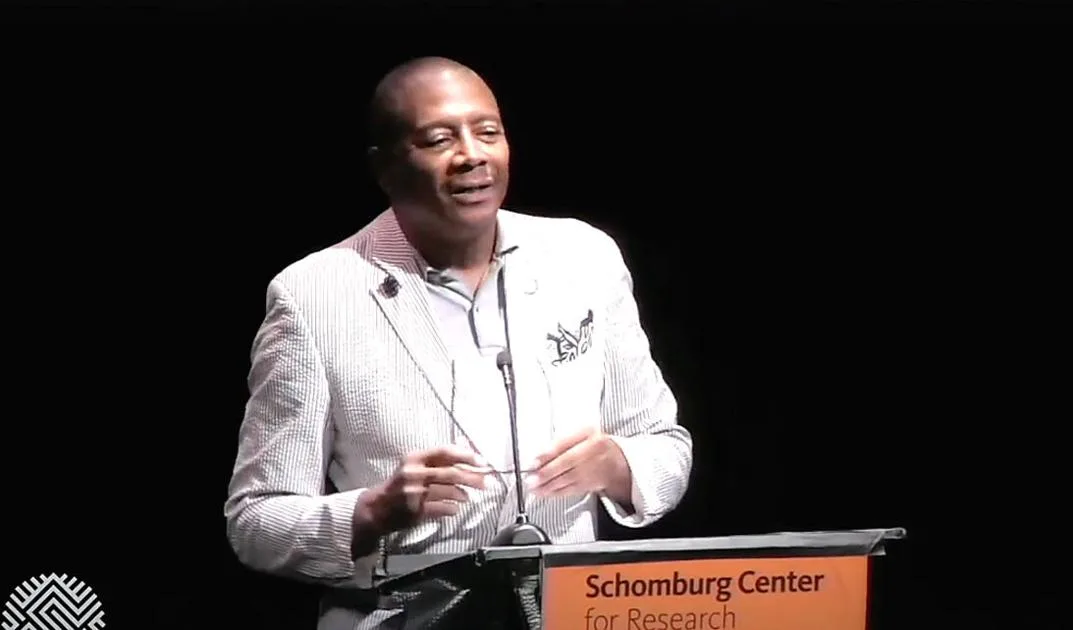
State Sen. James Sanders Jr. (D-South Ozone Park), along with other elected officials, held a panel discussion last Saturday about the Reparations Commission Legislation, which he sponsored and is calling on Gov. Hochul to sign into law.
Titled, “The Road to Reparations,” the event was held at the Schomburg Center for Research in Black Culture in Manhattan and shown on Youtube.
Also known as bill S1163A, the state Senate bill, and its Assembly counterpart, A7691, made it through both chambers in June with votes of 41-21 and 106-41, respectively.
The bill would establish a New York State Community Commission to study reparations remedies for African Americans who are descendants of slaves. Once an analysis into the generational impacts of slavery and segregation in New York is completed, the commission would formulate an approach to compensate for the damages.
The deadline for the bill to be signed is Dec. 31, according to the senator.
A spokesman for the governor previously told the Chronicle that she will review the legislation, but its current status shows that it has not been delivered to her yet, according nysenate.gov. Legislation is sent to her for signing in batches after a Legislature session ends.
“There is never a perfect bill,” Sanders said during the panel discussion. “Perfect is the enemy of good.”
Sanders said that he wanted to hear from people who may have a different position from him about having reparations in the Empire State.
“Anyone with a different school of thought, I encourage to meet with me,” he said, but he hopes the legislation, if signed, will help bring about equity for people who are African-American descendants of slaves. “It would look like what we fight for.”
The senator also said that community-based organizations that want to see reparations should not wait for the bill to pass to have their own meetings and share ideas on how to push forward such an initiative.
When speaking to the Chronicle in June, Sanders said that reparations are not simply about money, but also creating equity when it comes to buying homes, starting a business, funding schools and improving environmental and health factors for Black Americans.
“We cannot move on if the echoes of history are still ringing in our ears,” said Assemblywoman Michaelle Solages (D-Valley Stream). “We are having, not just a national conversation about reparations, but also a local conversation … Think globally, act locally.”
Solages said that the nation was built on the backs of Black folk and it’s time to have the discussion on how to heal Black communities, as well as compensate them as they struggle with the health and wealth gap.

